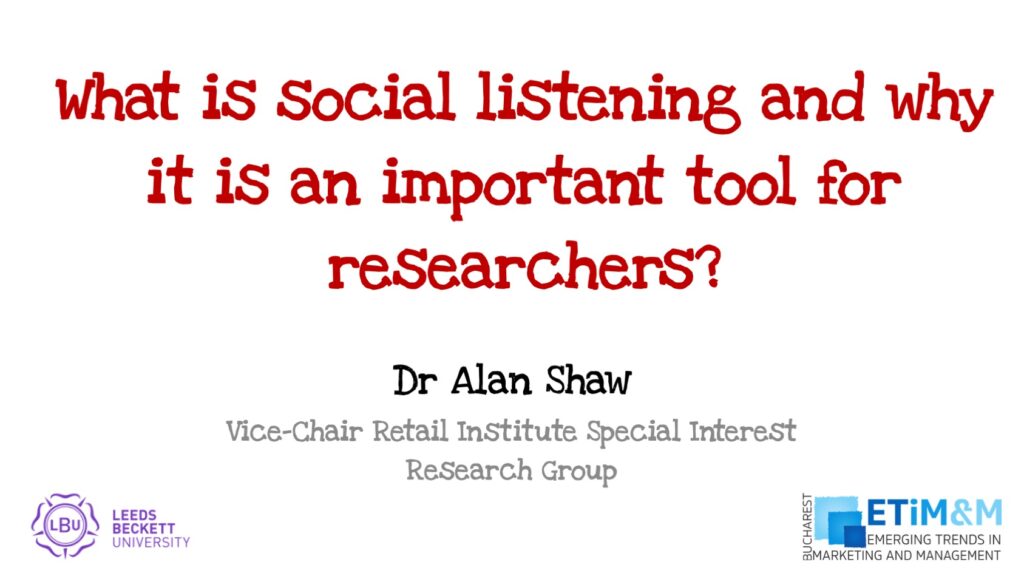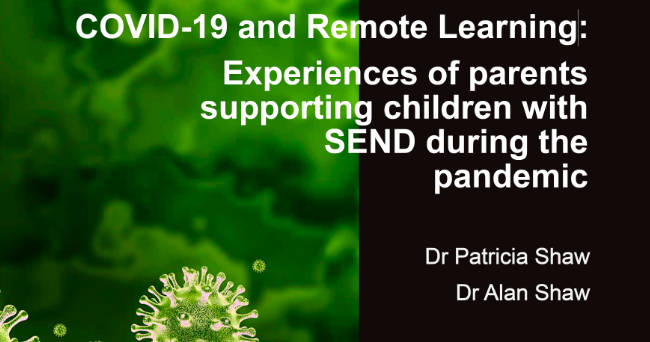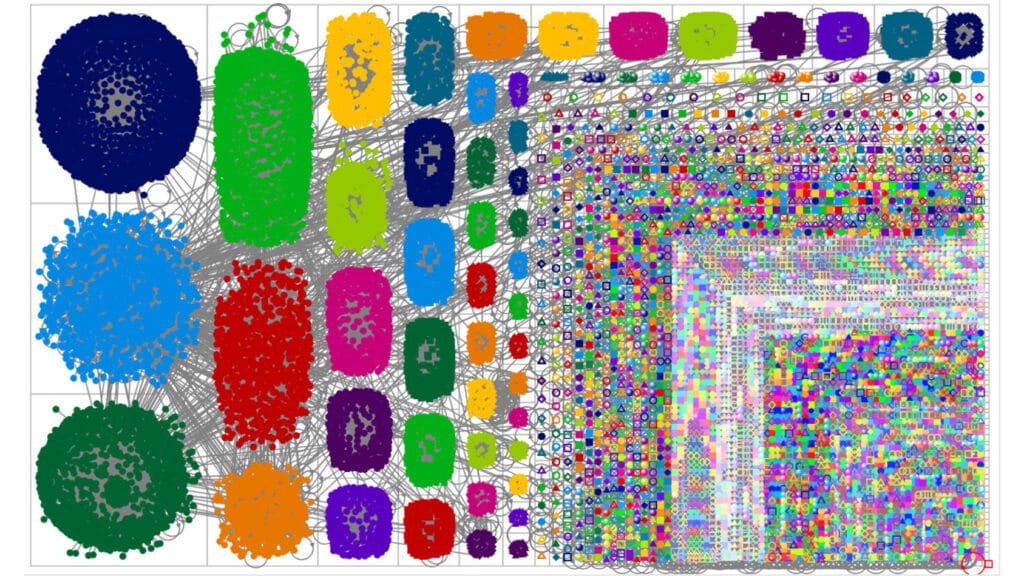Last week I attended a medical and was asked how many units of alcohol I consumed a week, without hesitation I said 21. As an experienced practitioner of social marketing in the health sector I knew this was the recommended limit for a male adult living in the UK. Unfortunately this statement was not strictly true: there are occasions when I consume more than this (but not excessively!)
This little episode has got me thinking: I spend a lot of time researching the health behaviours of individuals in society. How can I now be sure that what they are telling me is really true? Let’s face it, if I, a seasoned researcher, had difficulty in admitting how many units of alcohol I really consumed then can I really expect my participants to give me the truth, the whole truth and nothing but the truth. You may say it is just me, but I did carry out an unscientific study between family and friends and the majority have done the same as me.
I now find myself with a philosophical dilemma: the premise of my research is to gain knowledge or as Plato put it, justified true belief. This leads me to “epistemology” which deals with the creation and dissemination of knowledge. It is a difficult concept to grasp so I will try and make sense of it using a Euler diagram (see figure 1). As we mentioned earlier, knowledge is justified true beliefs. It is worth pointing out that there are some beliefs that are not true, as an example I could say I believe in ghosts which a mistruth (trust me on this one, lets just use it as an example and not get into another debate). There will also be some truths that are not believed, for this example I will use a convicted man in a criminal court: his family may still believe him to be innocent. So, we gain knowledge only when we have a truth and believe in it.
Where does this leave me with my research? I could adopt an epistemic realism approach and put forward the proposition that the results are approximately true, and that belief in this approximate truth can be justified. Using my original example, I knew that 21 units of alcohol was the limit and I aspired to achieve it but how do I justify that with statistics? From a marketing point of view it is worth noting that the fact that I know the limit was a big plus. The message dissemination must have worked somewhere.
To conclude I would propose that market researchers should test an individuals understanding of the required behaviour change as well as their adoption of this behaviour. Finally I must say it is great to be able to take some time out to consider the philosophical aspects of my job. Unfortunately the commercial elements that drive my commissioners are just not interested these debates.
Credits:
The lead picture is an adaption of the work by Victor Habbick:
http://www.freedigitalphotos.net/
Alan Shaw
Latest posts by Alan Shaw (see all)
- What is social listening and why it is an important tool for researchers? - July 31, 2021
- COVID-19 and Remote Learning: Experiences of parents supporting children with SEND during the pandemic. - June 30, 2021
- Using Netnography To Evaluate The Launch And Collapse Of The European Super League - April 21, 2021
- Developing Semi-Structured Interview Questions: An Inductive Approach. - April 9, 2020
- Developing Semi-Structured Interview Questions: A Deductive Approach - April 9, 2020
















